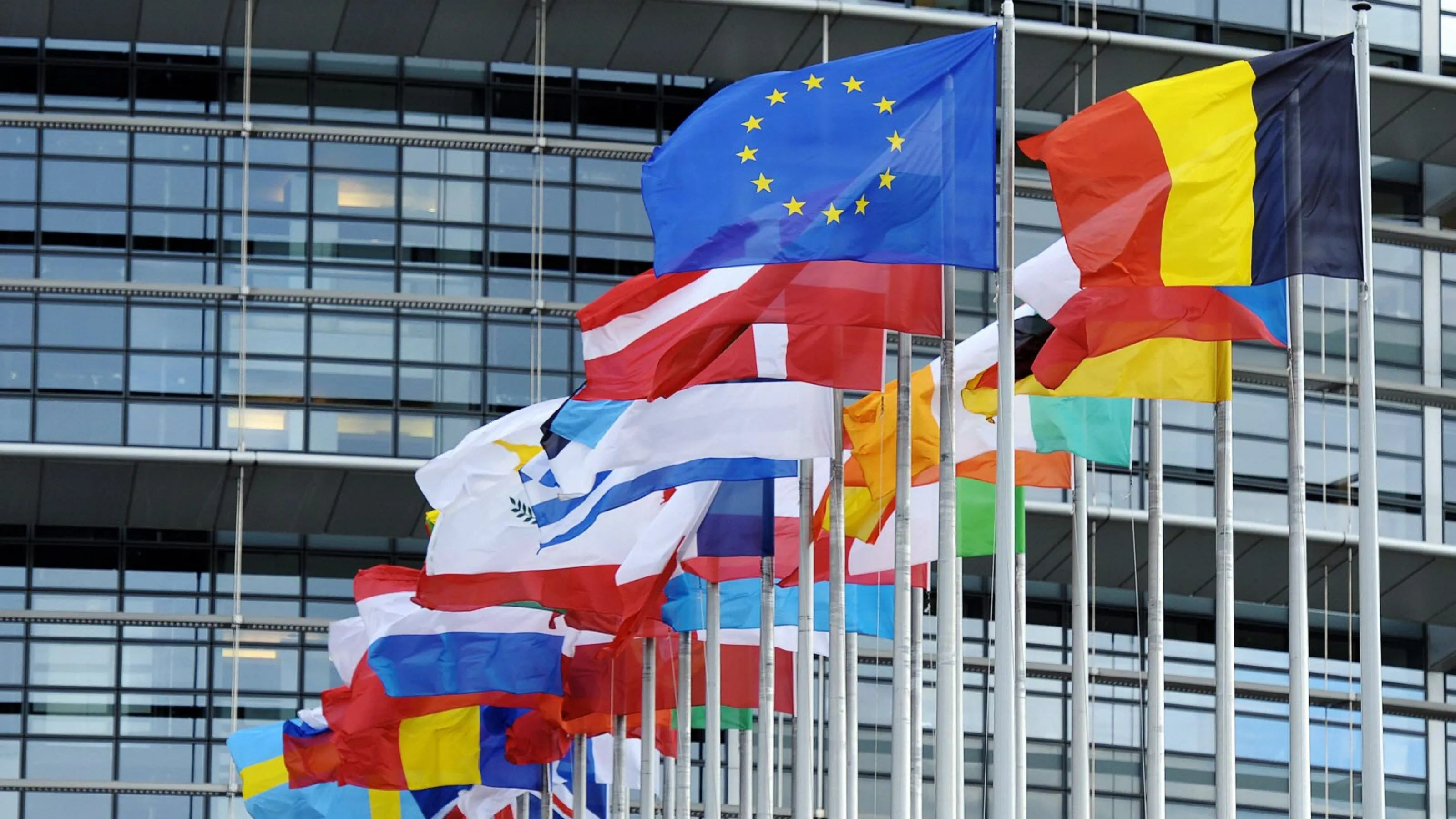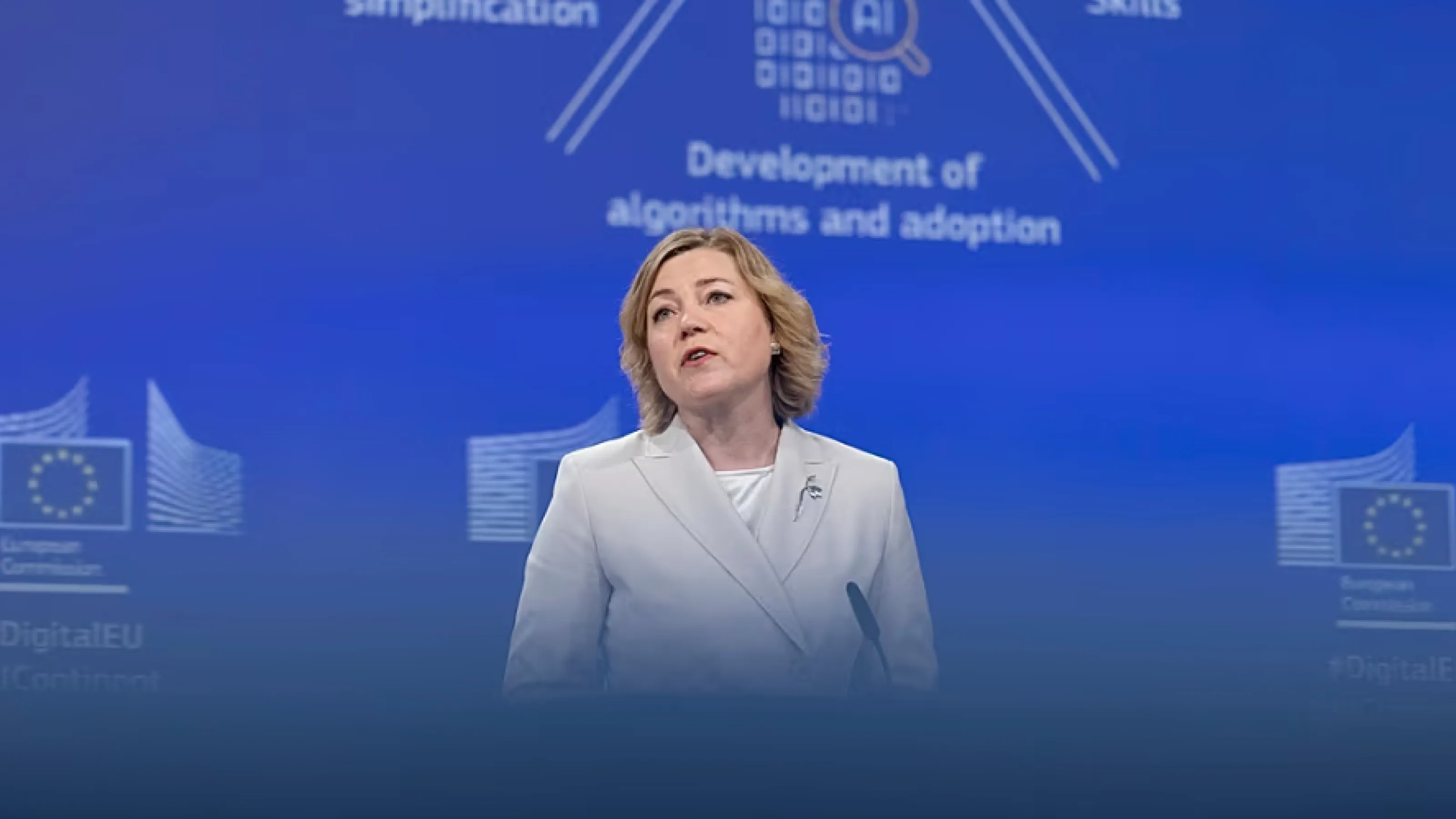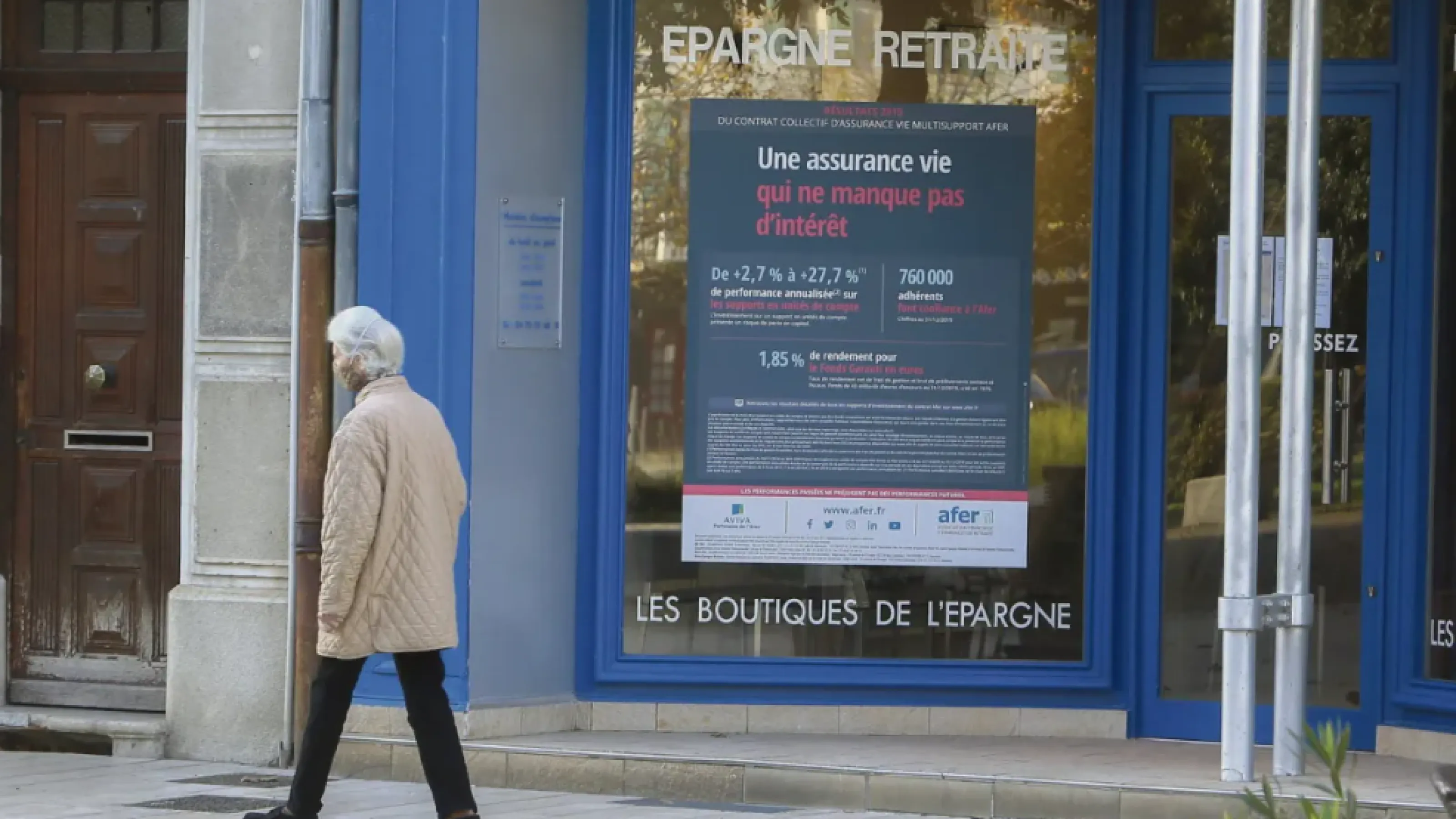Paru le 13/07/2022
Par Luca Bertuzzi
The General Court upheld a broad interpretation of the EU Merger Regulation that allows national competition authorities to refer to the European Commission concentration cases below the national thresholds on Wednesday (13 July).
The case regards the acquisition of Grail by Illumina, two American biotechnology companies, that was initiated in September 2020. The takeover did not pass the thresholds of the EU’s merger regulation, set at €5 billion for the combined worldwide turnover of the companies involved.
As a result, the merger was not to be considered of European dimension and was not notified to the European Commission, nor to EU’s national competition authorities as it did not pass the national thresholds either.
Still, Article 22 of the merger regulation allows one or more antitrust regulators to the Commission a case that does not pass the thresholds “but affects trade between the member states and threatens to significantly affect competition within the territory of the member state or states making the request.”
This specific article was introduced for EU countries like the Netherlands that at the time did not have national laws regulating mergers so that smaller mergers there would not escape legal review. However, once all member states adopted merger laws the article virtually stopped being used.
However, in March 2021 the Commission published guidance on Article 22 pushing for a broader interpretation of these provisions, with the intention of supporting the European competition authority in addressing smaller mergers that have significant competitive implications.
Following a complaint on this acquisition, the Commission considered in a preliminary analysis that the merger could put Illumina, which had a strong presence in the European market, in a position to block its competitors from accessing Grail’s state-of-the-art sequencing system.
Therefore, the EU executive sent a letter to national competition authorities, inviting them to put forth a referral request to the Commission. The French Autorité de la concurrence was the first to send the request, followed by the authorities from Belgium, Greece, Iceland, the Netherlands and Norway.
The two American companies contested the Commission’s probe on the matter, a challenge that the General Court dismissed entirely, marking the judicial review for a concentration case that did not pass the usual merger thresholds in terms of turnover.
The EU recognised that national watchdogs can refer to the Commission as any concentration that satisfies both conditions of affecting intra-EU trade and competition within the member state, considering it as a way to give the regulators flexibility in addressing competition cases below the thresholds.
“The General Court’s approval of article 22 is likely to be controversial. It opens up the risk of having to go through a merger review process, for even very small and inconsequential acquisitions,” said Zach Meyers, a research fellow at the Centre for European Reform.
At the same time, Meyers noted that the court tried to address these concerns by stressing that the cumulative conditions required for the member states to send their request “significantly restrict the Commission’s freedom of action”. In other words, Article 22 is not to be considered a blank check.
Still, this more flexible interpretation of the merger regulation should enable the Commission to take a closer look at the so-called killer acquisitions, the practice of taking over an innovative business model with the sole purpose of preventing future competition.
Killer acquisitions have been a much-discussed competition topic in the digital sector, as Big Tech companies have been accused of consolidating their market dominance by killing potential competitors in their cradle.
Meanwhile, traditional merger control regulation has been ill-equipped in dealing with the problem, as it looks at the antitrust implications based on the current market situation, not the innovation potential of a start-up.
However, competition regulators have recently taken a more active role in addressing the issue. Last November, the UK’s Competition and Markets Authority requested Facebook’s parent company, Meta, to sell the recently-acquired image platform Giphy.
The decision was upheld in June based on the potential impact of the acquisition on the UK market in the future, in spite of the fact that Giphy currently has little or no revenue in the UK.
“Competition regulators are becoming increasingly aggressive, and are asserting their right to review mergers which previously would have been considered to be extra-territorial. This trend is likely to lead to many more competition regulators around the world looking at the same deal-making even small deals far less quick and certain,” CER’s Meyers added.
The Commission will also have more tools to fight killer acquisitions once the Digital Markets Act (DMA) enters into application next year. The DMA will introduce a series of ex ante rules for platforms so large as to play the role of ‘gatekeepers’ between businesses and users.
In case these obligations are repeatedly violated, the EU executive will be able to temporarily ban gatekeepers from taking over any company with data-relevant activities.
“We are on the right track to putting an end to killer acquisitions that stifle innovation,” said Stéphanie Yon-Courtin, the MEP that insisted on including provisions against killer acquisitions in the DMA. “National competition authorities will be more than ever the eyes and ears of the European Commission.”
 Stéphanie Yon-Courtin
Stéphanie Yon-Courtin



